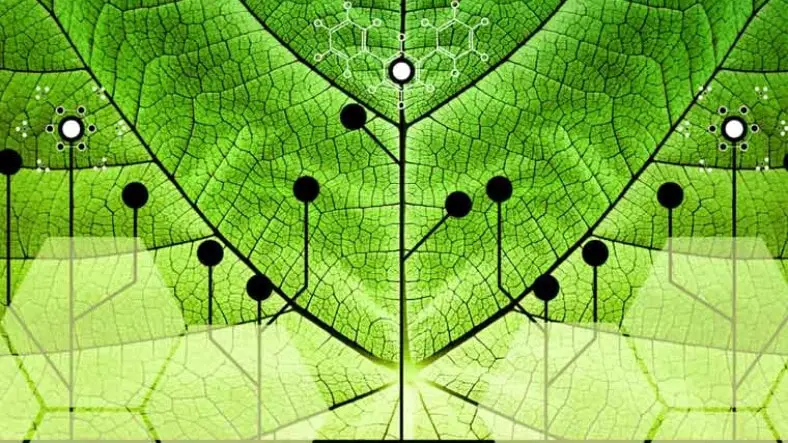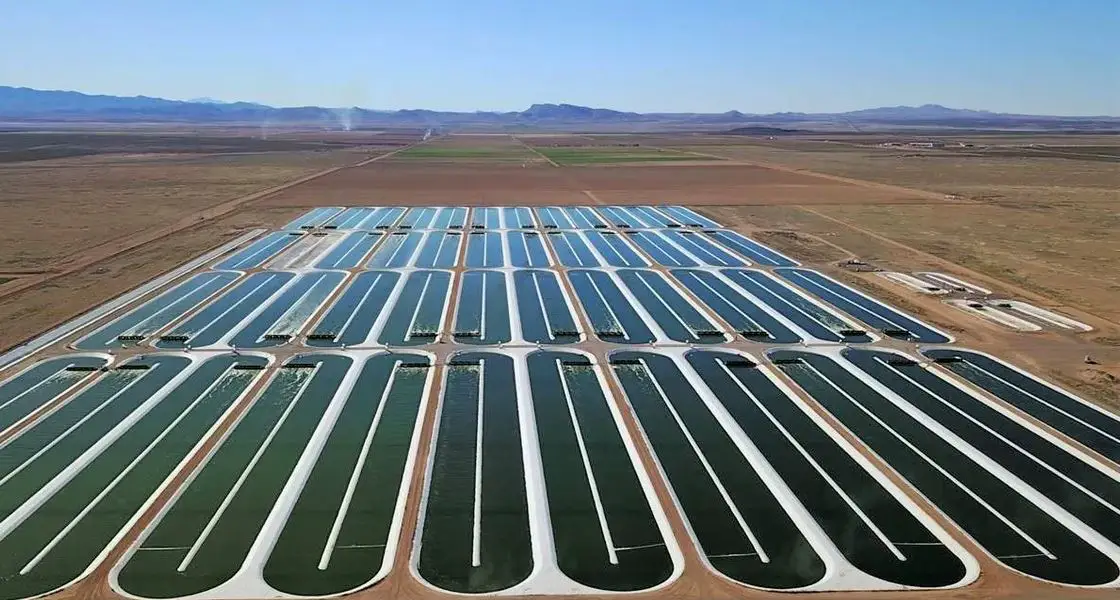Why do some people gain weight more easily than others despite eating the same food?
According to new research by a team at the University of Copenhagen, it may be because the composition of these people’s gut microbes is better at harvesting energy from food.
Over the decades, a growing body of research has uncovered a fascinating association between obesity and the gut microbiome.
For example, lean mice gained significantly more weight after receiving intestinal bacteria transplants from obese mice.
The scientists therefore hypothesized that one of the key factors that distinguish obese from lean animals is the ability of the gut microbiome to obtain energy from food.
We know that gut bacteria play an important role in the digestive process, assisting in the degradation of food into carbohydrates and lipids, etc.
These microbes affect human metabolism, but it’s not clear how much this all has to do with obesity.
To investigate this reason and another hypothesis: that the longer food stays in the gut, the longer it takes energy to be extracted, the researchers examined stool samples from 85 Danes.
Fecal energy residual density was tracked to measure the efficiency of human gut microbes in absorbing energy, and the gut microbial composition of each participant was mapped.
The analysis revealed interesting results, with the researchers finding that the participants whose food passed through the gastrointestinal system the shortest.
Surprisingly, microbial populations of Bacteroides genus Bacteroides performed best for extracting the most energy from food.
Taking all the analyzes together, the researchers identified the subjects who got the most calories from their diets.
They were on average about 10 percent heavier than subjects who obtained energy from food less efficiently, or a difference of about 9 kilograms.
That gut bacteria are good at extracting energy from food is in principle a good thing.
Because bacteria can provide the body with extra energy in the form of short-chain fatty acids, etc., but if we don’t burn more calories than we absorb, then over time, this extra energy can become an obesity risk.
The study suggests a causal relationship between food energy extraction and certain gut bacterial populations, but whether it actually leads to significant weight gain requires more experimental data.
The new paper was published in the journal Microbiome.





